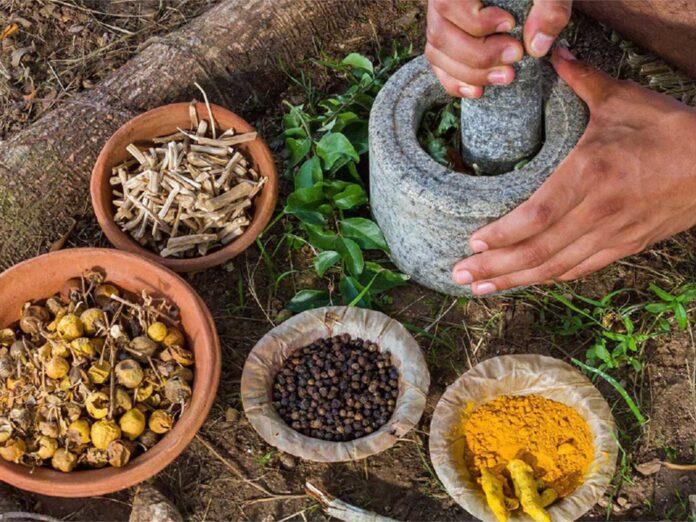Traditional medicine has been practiced in India for centuries and plays a vital role in the country’s healthcare system. Traditional medicine includes various forms of indigenous systems of medicine, such as Ayurveda, Unani, Siddha, and Homeopathy. These systems of medicine are based on a holistic approach to healthcare, which focuses on the balance between the body, mind, and spirit.
Role of Traditional Medicine in India:
Traditional medicine plays a crucial role in providing healthcare services in India, particularly in rural and remote areas where access to modern healthcare facilities is limited. Traditional medicine is also preferred by a large section of the population due to its effectiveness, affordability, and the absence of adverse effects commonly associated with modern medicine.
Integration with Modern Healthcare System:
The integration of traditional medicine with the modern healthcare system is an ongoing process in India. The government has taken various initiatives to promote the integration of traditional medicine with modern healthcare, such as the creation of the Department of Ayurveda, Yoga, and Naturopathy, Unani, Siddha, and Homeopathy (AYUSH) in 2003. The AYUSH department aims to promote and regulate the practice of traditional medicine in India and to integrate it with modern healthcare.
The integration of traditional medicine with modern healthcare can bring several benefits, such as:
Improved healthcare outcomes: The integration of traditional medicine with modern healthcare can lead to improved healthcare outcomes by providing patients with a range of treatment options that address their specific health needs.
Increased access to healthcare services: The integration of traditional medicine with modern healthcare can increase access to healthcare services, particularly in rural and remote areas where access to modern healthcare facilities is limited.
Cost-effective healthcare: Traditional medicine is often more cost-effective than modern medicine, making it more accessible to patients with limited financial resources.
Promotion of preventive care: Traditional medicine emphasizes the prevention of disease by focusing on lifestyle changes and the promotion of healthy living.
However, there are also some challenges to integrating traditional medicine with modern healthcare, such as:
Lack of standardization: Traditional medicine lacks standardization, making it difficult to regulate and integrate into the modern healthcare system.
Limited research: Traditional medicine lacks extensive scientific research, making it difficult to determine its effectiveness and safety.
Resistance from modern healthcare practitioners: Some modern healthcare practitioners may be resistant to integrating traditional medicine into the healthcare system, considering it to be unscientific and unproven.
To overcome these challenges, the government and healthcare practitioners need to work together to develop a standardized approach to traditional medicine and to conduct scientific research to establish its safety and effectiveness. The integration of traditional medicine with modern healthcare can provide patients with a more comprehensive and holistic approach to healthcare, addressing their physical, mental, and spiritual needs.


